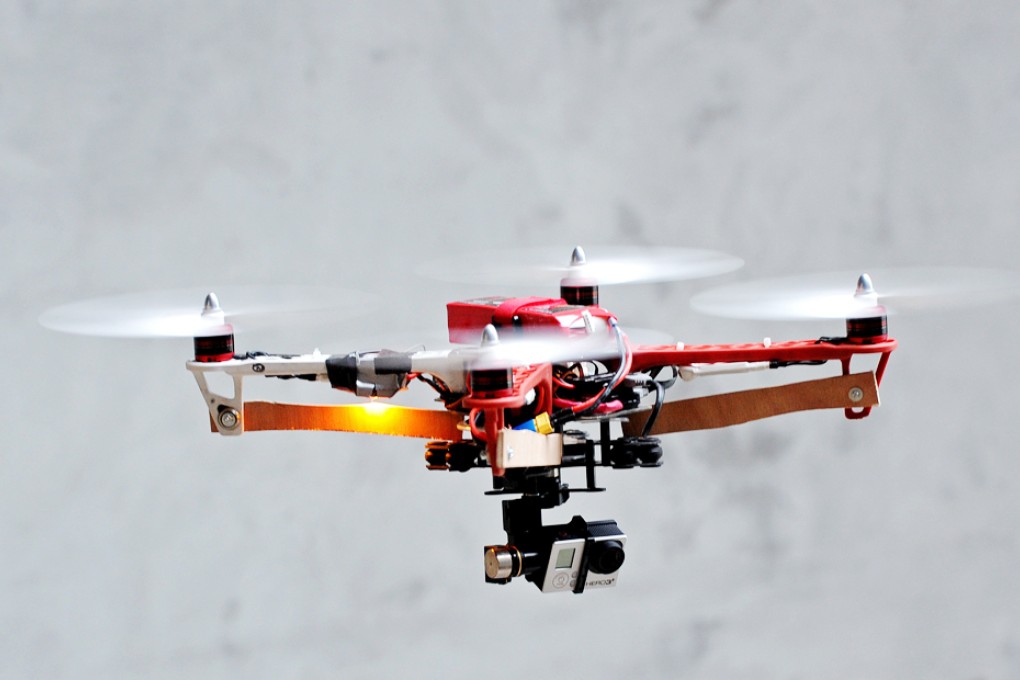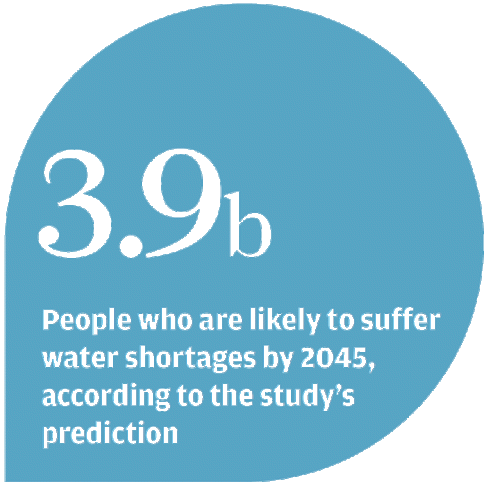Criminal drones, corporate armies: Think tank looks to security's future
The future of security involves cheaper technology and a lessening of the sense of national identity, a British think tank predicts

Large multinational corporations could develop their own highly capable security forces. Criminals and terrorists will have access to increasingly cheap unmanned drones and space satellites. Sophisticated environmental warfare will spread plant and human diseases through insects.

The study, Global Strategic Trends Out to 2045, contains fresh warnings about the effects of climate change, the growth of sprawling urban centres and pressure on natural resources, notably water. It paints a picture of a world in which the authority of states diminishes in the face of multinational companies, and national loyalties are weakened by increasing migration.
Rear Admiral John Kingwell, director of the MoD's Concepts and Doctrine Centre, which carried out the study, said it did not seek to predict the future and did not reflect official government policy. However, he said it described plausible outcomes on the basis of rigorous analysis of existing trends.
"The pace and breadth of technological advancements will change our perception of our role in the workplace, reveal new opportunities for health advances, and facilitate the deepening of global communications," Kingwell said.
"But as access to technology increases, we will face new risks. In the West in particular, a rise of individualism and ... a growing sense of disconnection from long-established governing structures will challenge traditional systems."
The study says that by 2045: